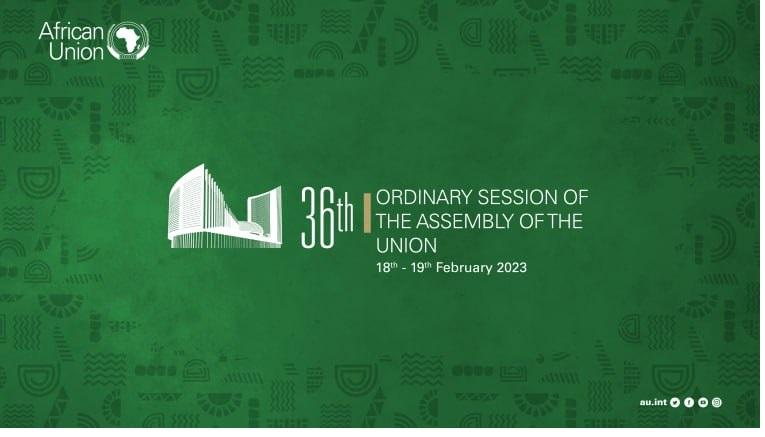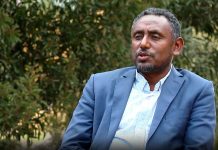Africa-Press – Ethiopia. By Staff Writer
One of the key agenda of the 36th Regular Session of AU Heads of State and Government undoubtedly focus on the challenges of food insecurity and drought that African countries are facing. The Assembly is expected to come up with pertinent recommendations and resolutions regarding this.
On the report issued in October 2022, the World Bank summarized the food insecurity situation in Africa notes: “As the impacts of climate change continue to intensify and global shocks upend business as usual, Sub-Saharan Africa is feeling the brunt of what has been coined “the perfect storm” – a food, fuel, and fertilizer crisis exacerbated by the war in Ukraine, scarring effects from the COVID-19 pandemic, soaring inflation, rising debt, and extreme weather.”
The report added that while inflation levels urgently need to be tamed and the burden of debt made more sustainable, perhaps no priority is more pressing than addressing food insecurity to safeguard the calorie and nutrition needs of Africa’s one billion people and protect their human development. At least one in five Africans goes to bed hungry and an estimated 140 million people in Africa face acute food insecurity, according to the 2022 Global Report on Food Crises the 2022 Mid-Year Update. The Horn of Africa is suffering from persistent drought and countries that depend on Russia and Ukraine for wheat and sunflower oil imports have seen prices skyrocket out of reach of ordinary people.
African leaders did not afford to be indifferent to the alarming food insecurity the continent is facing and have continued to step up medium and long range programs to meet the food needs of their people.
In his opening remarks this morning at the 36th Ordinary Session of the Assembly of the Union, Prime Minister of Ethiopia Abiy Ahmed said while the principle of African Solutions to African Problems is widely raised in the scope of conflict, it is imperative that we begin to extend this principle to a wide range of peace and security issues. Continental food security and food sovereignty is one such issue. Our continent is not only well able to feed itself, but can become a bread basket of the world. With 65 percent of the world’s remaining uncultivated arable land in our backyards, we need to critically assess why one third of the hungry people in the world are in our continent.
Ethiopia has been working diligently to enhance agricultural productivity in the past four years. It has commenced an initiative that encourages small-holder farmers to farm in clusters that enable them to benefit from irrigation and mechanization. Abiy said Ethiopia’s ambition to begin exporting wheat this year has already materialized. It is a great achievement for Ethiopia. It is even greater achievement for the continent.
Ethiopia is also undertaking a massive campaign to encourage both large- and small-scale poultry, dairy, livestock farming, as well as urban agriculture, through a national initiative called “Yelemat Tirfat ” – loosely translated as ‘bounty of the basket’.
The main goal of the campaign was to increase export earnings, ensure food and nutritional insecurity and domestically substitute imported food by locally produced food products. Focus is also made on the production of poultry, honey, dairy and horticulture. Over the last four years, Ethiopia launched the National Green Legacy Initiative in which more than 20 billion trees were planted including fruit trees that could be used to add up to the national effort to ensure food security for citizens.
The agriculture potential of Africa is immense. However it has not been exploited well. According to reports, the average African farm performs at only about 40% of its potential. And on present trends the continent will only produce 13% of its food needs by 2050. Yet African agriculture also has the greatest promise: a growing population, vibrant markets and half the world’s uncultivated arable land.
If the governments in the continent are committed enough to taping these natural resources, Africa is capable of ensuring food self-sufficiency and make use of the sector for economic development. Ethiopia’s Prime Minister affirmed leaders of the continent today that we are confident that we can strongly contribute to global food supplies through exports and otherwise. The 2023 Dakar Declaration on Food Sovereignty and Resilience rightly acknowledged the continental awakening that ‘it is time for Africa to feed itself and fully unlock its agriculture potential to feed the world. The premier called upon African Union and development partners to support in unleashing this potential.
For More News And Analysis About Ethiopia Follow Africa-Press






